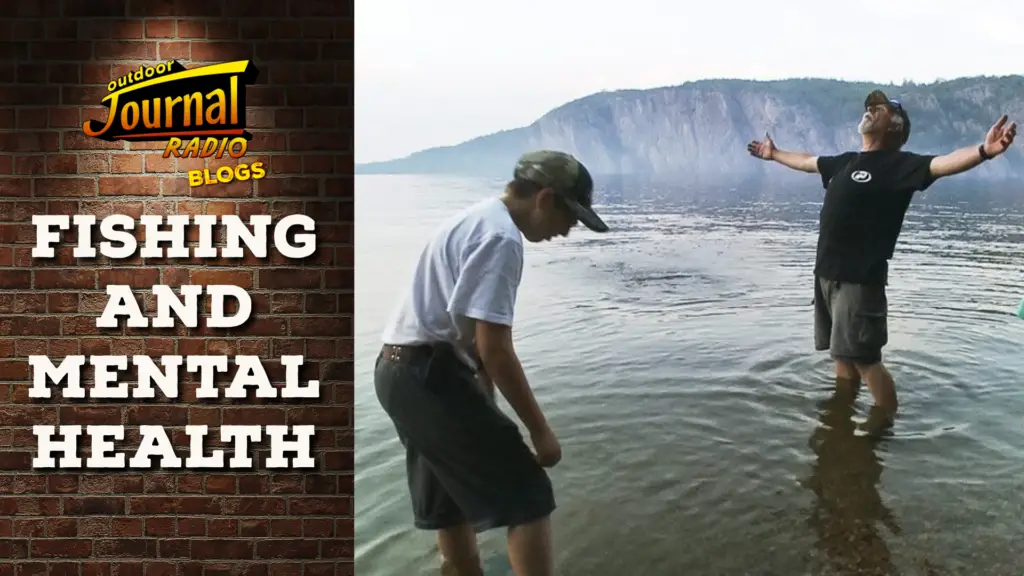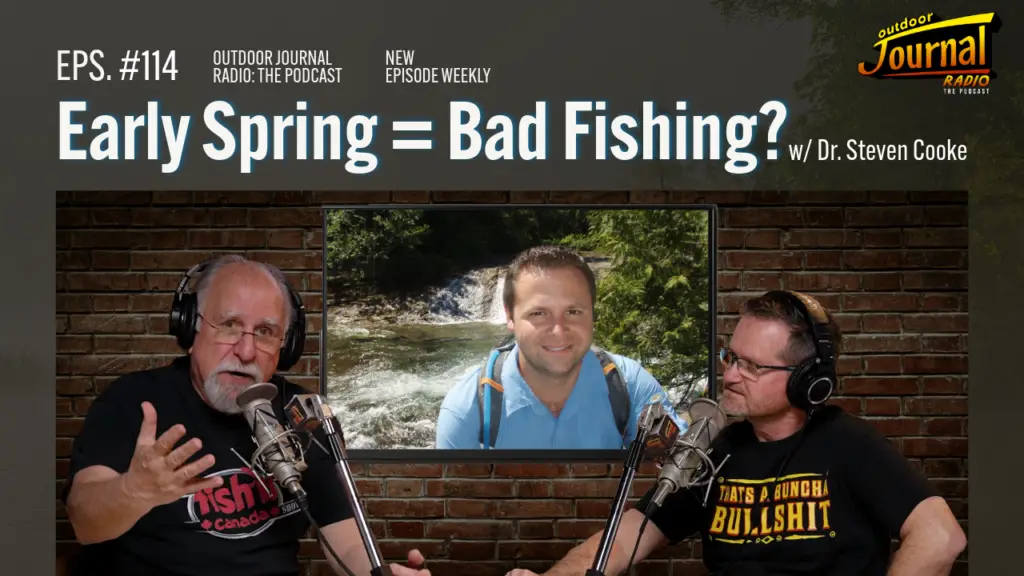Stress is a word that we often hear in conversations with our friends and family. Whether it is the hectic schedules we keep, family pressures, financial commitments or work-related deadlines, we all face stress in one form or another each day.
Most of us work in artificial environments where almost all the light we see during the day is produced by fluorescents, light bulbs, or computer screens. When we return home, little changes, especially during the winter months when we continue to bask in artificial light. The lack of natural landscapes adds to our stress, depression, and anxiety.
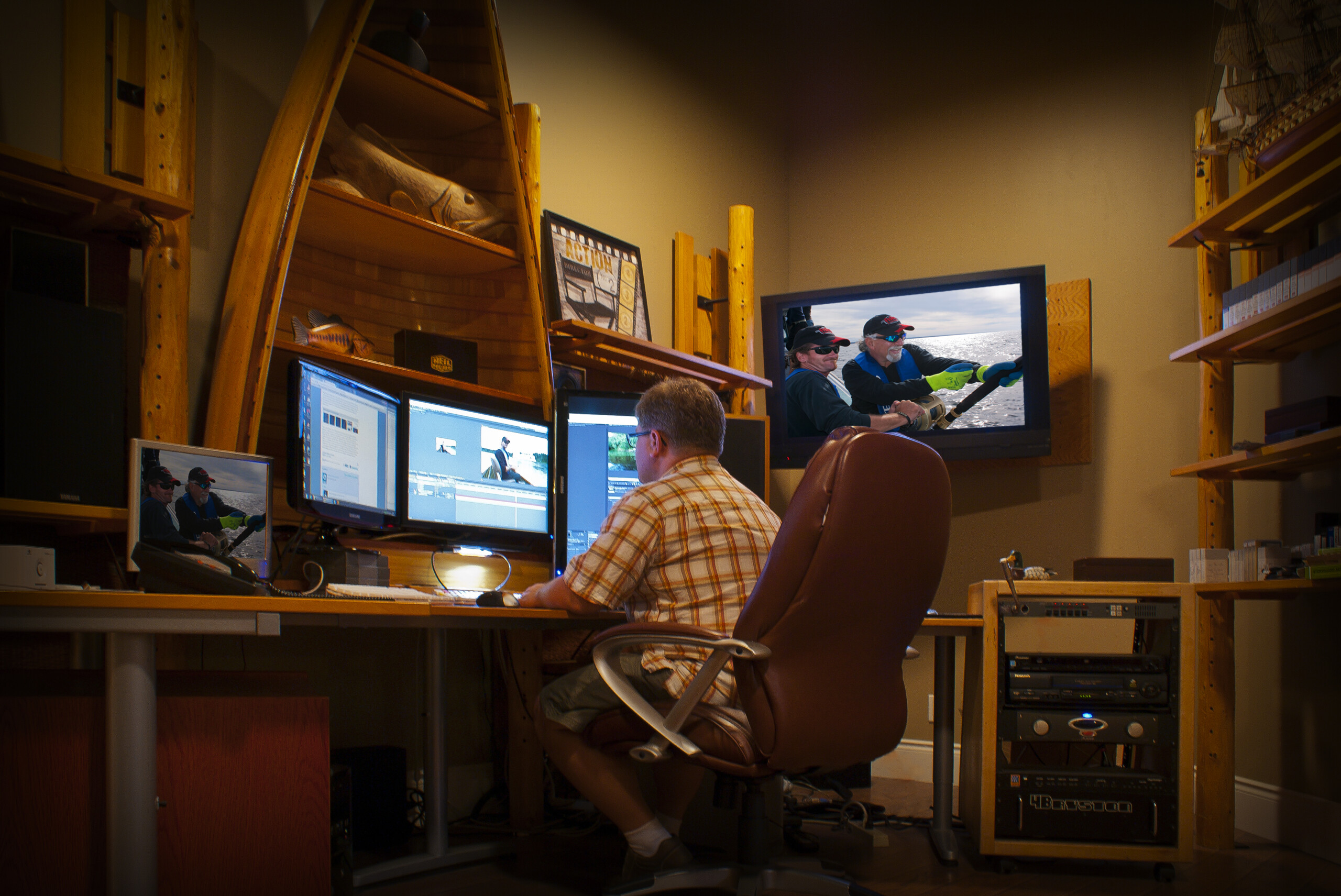
Many of us, as a result, suffer from depression and anxiety. In fact, the Mental Health Commission of Canada in 2013 reported that mental illness indirectly affects all Canadians at some time through a family member, friend or colleague.
In any given year, over one million Ontarians experience a mental health or addiction challenge and this has only increased since the beginning of the COVID 19 pandemic. Mental illness affects people of all ages, education, income levels, and cultures. It does not discriminate. In Canada, approximately 8% of adults will experience major depression at some time in their lives. By age 40, about 50% of the population will have or have had a mental illness.
Today, approximately 5% of male youth and 12% of female youth, age 12 to 19, have experienced a major depressive episode. And the total number of 12-19-year-olds in Canada at risk for developing depression is a staggering 3.2 million.
Mental illness is increasingly threatening the lives of our children; with Canada’s youth suicide rate the third highest in the industrialized world. Suicide is among the leading causes of death in 15-24-year-old Canadians, second only to accidents; and 4,000 people die prematurely each year by suicide.
We also know that suicide is an issue that touches the lives of thousands of Ontarians each year, including our children and youth. In Ontario, about 14% of high school students reported having seriously contemplated suicide in the past year.
Surpassed only by injuries, mental disorders in youth are ranked as the second-highest hospital care expenditure in Canada with only 1 out of 5 children who need mental health services receiving them.
Stress plays a significant role in all of this. Do we have to feel this stress, or have it cause us depression and anxiety? I believe that nature holds the answer. In some cases, a fishing pole and a tackle box can provide a solution. In other cases, hiking boots. Others enjoy the rush of the hunt, whether it be waterfowl or larger mammals.
What do all these people have in common? I believe it is the fact that they have discovered the benefits of the great outdoors and the impact a pristine environment can have on them and their mental health.
Much of our daily work leads to mental fatigue. Being inundated each day with volumes of material to read and digest leads to moments when the brain simply says enough, and it stops processing information. Attention restoration theory teaches us that there are experiences that can lead to recovery from certain kinds of fatigue by exposure to restorative environments.
In other words, natural environments are rich in the characteristics necessary for restorative experiences and exposing ourselves to these environments leads us to better mental health.
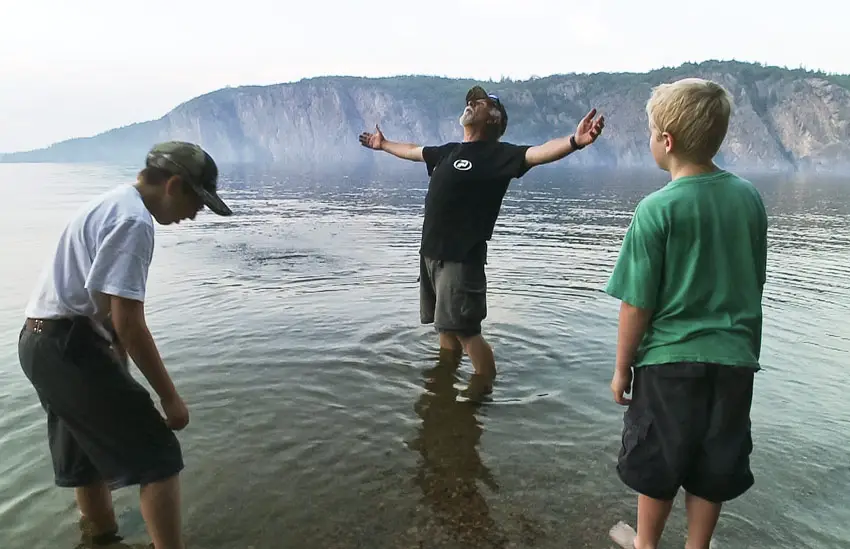
Being outside can improve memory, fight depression, and lower blood pressure. When was the last time you stood outside or went for a walk along a lake, river, or into a forest?
I always find that I can clear my mind quickly when I have an opportunity to go for a quiet walk, not to talk with someone or look at my social media on my smartphone but rather to ignite all my senses by the natural surroundings.
To see, smell and hear, touch and taste nature. In many cases, I take a fishing pole with me and sit by a stream or lake. I am not there for the fish but rather for the peace and tranquillity associated with the calm experienced when you allow your senses to blend with the environment. Every deep breath lowers my heart rate and brings a sense of calmness that changes my physical and mental state.
Spending time in nature improves my mental and physical health. I believe it improves my memory and my capacity to understand complex concepts. It also de-stresses me immediately. Nature has a way of absorbing the stress I often feel. Studies have found that spending time in the woods reduces levels of cortisol, a hormone associated with stress. I have noticed it calms my breathing and makes me feel more at peace.
I am lucky to have had a father that would take me and my brother fishing every weekend. We would head to a lake or river just north of Toronto and spend the day. I learned to observe nature and understand its importance in providing balance in my life.
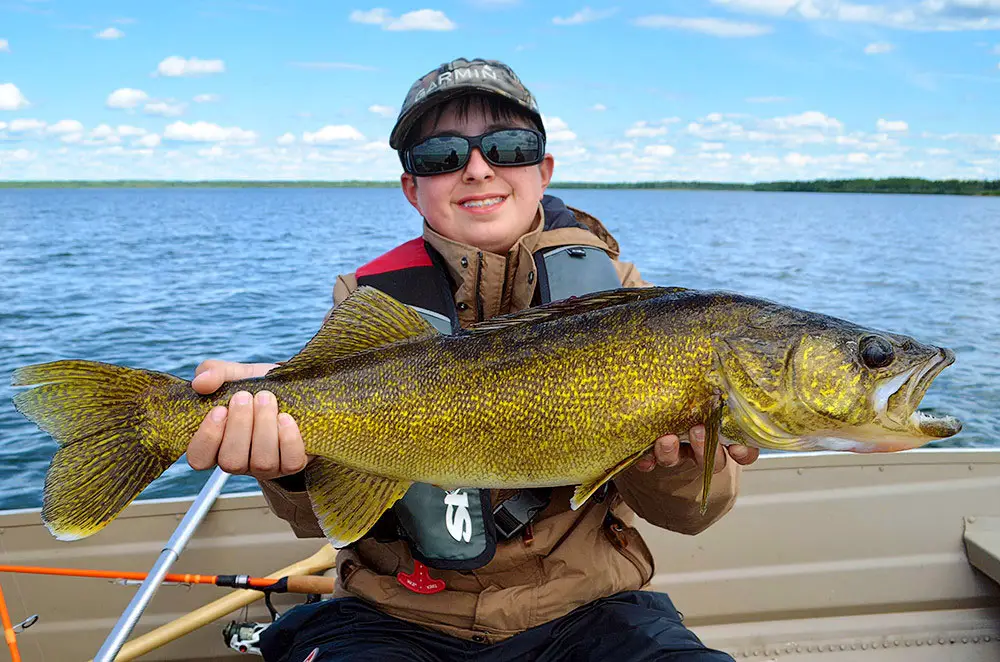
As an adult, I tried to extend this knowledge to my children and give them the opportunity to benefit from these experiences. Today, I still sit by a river with a fishing line in the water. It didn’t matter then, nor does it matter now that most times I go home without a fish. What does matter is that each time I leave the river, lake, or forest, I am thankful for the renewed energy and strength I feel mentally and physically for having spent some quality time clearing my mind and building resiliency to keep me healthy physically and mentally.
Mental health is something we must nurture in ourselves and those around us. In some cases, seeking help from physicians and mental health providers is necessary but we should never underestimate the healing powers of nature and all that it offers us.
– Michael Tibollo, Associate Minister of Mental Health and Addictions
Want to hear more about fishing and mental health?
Check out our full interview on the latest episode of the Outdoor Journal Radio podcast and be sure to like, rate, and share the show!



